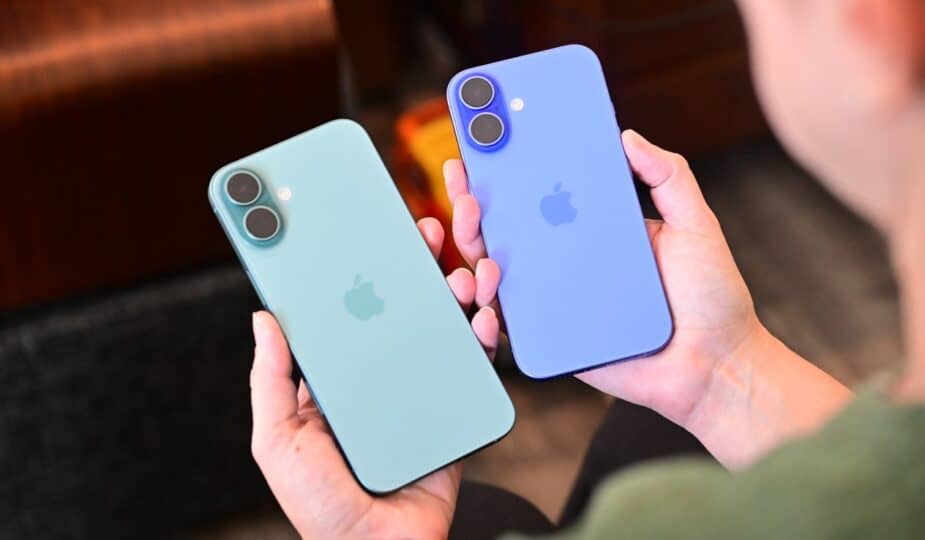iPhone 16 and iPhone 16 Plus iPhone 16 Plus Still Banned in Indonesia
 1 Facebook x.com Reddit
1 Facebook x.com Reddit
Indonesia's president has agreed to a $1 billion deal with Apple that, if approved, would allow it to build two factories that would eventually will produce 20% of global AirTag supply.
Sources familiar with the matter say Indonesian President Prabowo Subianto approved the deal, apparently after receiving a briefing over the weekend. Prabowo is also eyeing additional investment from Apple in the future, the sources said.
Apple has reportedly chosen the island of Batam to build the AirTag factory. It is expected to initially employ 1,000 workers, and the location will provide Apple with tax and import incentives.
A Bloomberg report published Thursday morning detailing the deal is unclear how long it will take to reach the stated 20% of global AirTag production. It is also unclear how long it will take the Indonesian government to lift a ban on iPhone 16 sales in the country.
The remaining $1 billion will go toward setting up a factory in Bandung to produce accessories and to set up Apple educational institutions.
Back and Forth for Apple in Indonesia
On October 11, the Indonesian government said Agus added that Apple had not met the level of its promised investment commitments. Apple had invested Rp 1.48 trillion (US$94.53 million), down from the previously promised Rp 1.71 trillion (US$109.6 million).
About a month later, Apple offered another US$10 million in investment. That offer was almost immediately rejected by the Indonesian government.
A few weeks later, in late November, Indonesia rejected Apple's confirmation of the original US$100 million offer. At the time, that proposed US$100 million in additional investment was to be made over two years.
It will primarily be used for an R&D center, as well as developer academies in Bali and Jakarta. The new agreement includes developer academies, but it doesn’t appear an R&D center is in the plans — at least for now.
The ban and subsequent talks follow Tim Cook’s visit to the country in April 2024. Cook met with then-Indonesian President Joko Widodo and promised Apple would consider the country as a manufacturing partner.
The move could be cheaper for Apple than paying proposed tariffs on products imported from China. The Trump administration has promised import tariffs on goods imported from China — but lower or no import tariffs from other countries.
However, it is unclear how efficient the AirTag production will be, given the fact that the individual AirTag is arguably the cheapest product Apple sells. However, this compares to the advantages of assembling the iPhone and importing from India, which are obvious.
Ultimately, in the long run, $1 billion is a relatively small expense for Apple to continue to access the Indonesian market.
Follow AppleInsider on Google News









